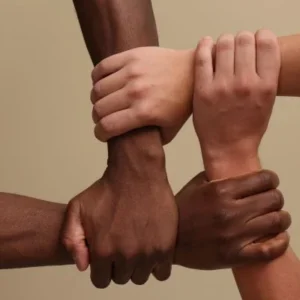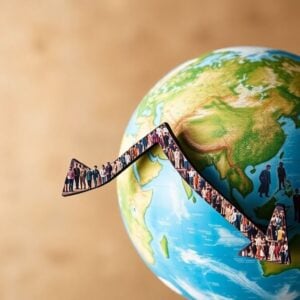UN Secretary-General António Guterres has unveiled a sharply reduced 2026 budget proposal, marking a significant cut from his original request of $3.715 billion. The new proposal is 15.1 per cent lower than the 2025 approved appropriation, reflecting the United Nations’ deepening financial strain. Addressing the General Assembly’s Fifth Committee, which oversees administrative and budgetary matters, Guterres warned that mounting arrears, delayed payments, and the required “return of credits” to Member States are pushing the UN toward a severe liquidity crisis that threatens its ability to sustain essential operations.
The revised budget includes substantial staffing cuts, reducing the total number of funded posts from 13,809 to 11,594—a decrease of 18.8 per cent compared to 2025. These cuts are concentrated in larger departments and administrative areas, while programs supporting Member States—especially those for Least Developed Countries, Landlocked Developing Countries, Small Island Developing States, and African development—will be protected. The UN’s regular budget, financed by mandatory assessed contributions, funds its core functions and Secretariat activities, while peacekeeping operations are financed separately on a mid-year fiscal cycle.
Guterres cautioned that the liquidity crisis could extend beyond 2026 into 2027. At the end of last year, the UN faced $760 million in unpaid dues and must return $300 million in credits to Member States in early 2026—effectively removing nearly 10 per cent of the organization’s available cash. He warned that any delays in Member State contributions could trigger deeper spending cuts and potentially force the UN to return another $600 million in 2027, representing about 20 per cent of its annual budget. Calling the situation a “race to bankruptcy,” Guterres appealed for immediate action to reduce arrears and suspend credit returns.
Despite prior efforts to limit spending, the UN’s finances continue to deteriorate. The organization entered 2025 with a $135 million deficit and had collected only 66.2 per cent of the year’s assessments by September, compared to 78.1 per cent at the same time in 2024. As of that date, only 136 out of 193 Member States had fully paid their dues, with major contributors such as the United States, China, Russia, and Mexico still in arrears.
The 2026 budget revisions also align with the UN80 Initiative, a reform plan aimed at making the UN Secretariat more agile, efficient, and resilient. Proposed measures include consolidating payroll into a single global system, relocating administrative functions to lower-cost locations, and establishing shared service centers in New York and Bangkok. Key operational priorities remain intact—37 Special Political Missions will continue, with $53 million allocated to the Resident Coordinator System and $50 million to the Peacebuilding Fund. The Office of the High Commissioner for Human Rights will also expand its regional offices in several global hubs.
In the coming weeks, the Fifth Committee will review the budget proposal in consultations with UN department heads and senior program managers before submitting recommendations to the General Assembly. Final budget approval is expected by the end of December. Guterres reiterated the urgency of adopting measures to stabilize the UN’s finances, warning that failure to agree on mechanisms to suspend credit returns and manage liquidity shortfalls could jeopardize key elements of the organization’s work.







